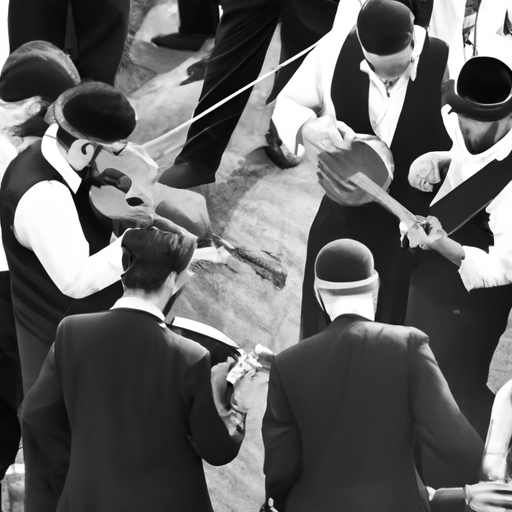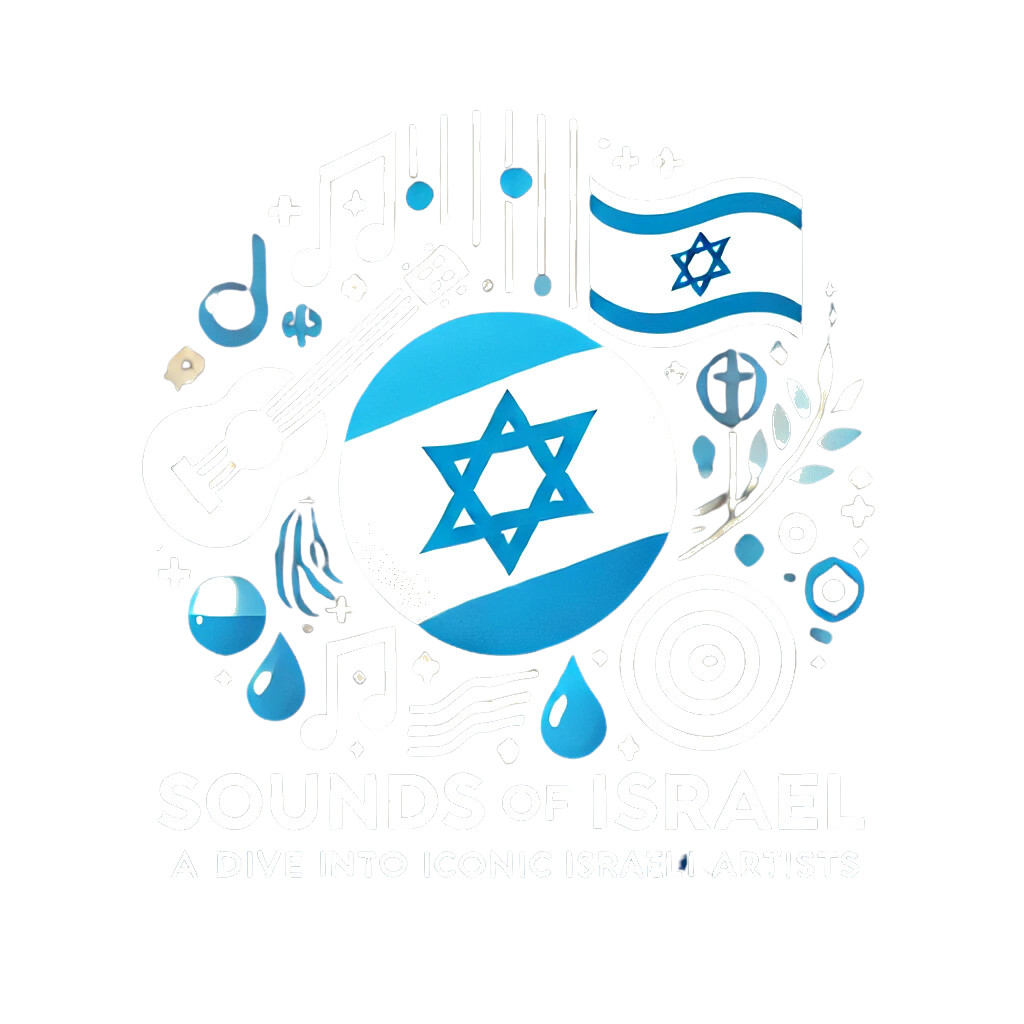This blog post delves into the intriguing evolution of Israeli music, tracing its journey from the traditional roots to the contemporary trends. It highlights the transformative phases, iconic music styles, and significant artists that have shaped the Israeli music scene over the decades.
1. The Traditional Roots of Israeli Music: What Defines Its Early Sound?
Israeli music is a vibrant tapestry woven from a rich cultural heritage that dates back centuries. Influenced by a diverse range of cultures, including Jewish, Arabic, and Eastern European traditions, Israeli music reflects the country’s unique history and identity. Traditional Israeli music is characterized by its use of instruments such as the oud, darbuka, and violin, as well as distinct vocal styles that convey deep emotions and storytelling. These elements come together to create a sound that is both soulful and uplifting, capturing the essence of Israel’s past.
The early sound of Israeli music was deeply rooted in religious and folk traditions, with songs often drawing inspiration from biblical texts, prayers, and everyday life experiences. These traditional melodies were passed down through generations, preserving the essence of Israeli culture and connecting listeners to their heritage. The use of Hebrew language in the lyrics also played a significant role in shaping the early sound of Israeli music, infusing the songs with a sense of spirituality and national pride.

1. A black and white image depicting a group of Israeli folk musicians playing traditional instruments.
2. ‘Music is the language of the spirit. It opens the secret of life bringing peace, abolishing strife.’ – Kahlil Gibran: The Impact of Immigration on Israeli Music
The Impact of Immigration on Israeli Music:
Immigration has played a significant role in shaping the landscape of Israeli music, bringing together diverse cultural influences and musical traditions from around the world. As waves of immigrants arrived in Israel throughout its history, they brought with them their own unique musical styles, instruments, and vocal techniques, enriching the country’s musical tapestry. This cultural exchange not only broadened the scope of Israeli music but also infused it with new rhythms, melodies, and perspectives.
The influx of immigrants from countries such as Yemen, Morocco, Russia, and Ethiopia introduced a wide range of musical traditions to Israel, each contributing to the evolution of the country’s musical identity. These diverse influences can be heard in the rhythms of Mizrahi music, the haunting melodies of Russian folk songs, and the soulful sounds of Ethiopian jazz. The blending of these various musical elements created a fusion of styles that is distinctly Israeli, reflecting the country’s multicultural society.
3. The Emergence of Modern Israeli Music: How Did Western Influence Shape It?
The emergence of modern Israeli music has been greatly influenced by Western musical styles and trends, reflecting a fusion of traditional Israeli sounds with contemporary Western elements. The integration of Western influence began to take shape in the mid-20th century, as Israeli musicians began experimenting with new genres such as rock, pop, and electronic music. This shift marked a departure from the more traditional folk and religious music that had dominated the Israeli music scene for centuries.
Western influence brought a new level of sophistication and innovation to Israeli music, introducing elements such as electric guitars, synthesizers, and drum machines into the mix. These new tools and techniques allowed Israeli artists to explore different sonic landscapes and push the boundaries of traditional music. As a result, modern Israeli music became more dynamic, eclectic, and accessible to a wider audience both domestically and internationally.
4. Israeli Music Today: Is It a Fusion of the Old and the New?
Israeli music today can be described as a captivating fusion of the old and the new, blending traditional elements with modern innovations to create a sound that is both nostalgic and cutting-edge. Artists in Israel continue to draw inspiration from their rich musical heritage, incorporating traditional instruments, melodies, and themes into their contemporary compositions. This infusion of tradition adds depth and authenticity to the music, connecting listeners to Israel’s cultural roots while also pushing boundaries and exploring new sonic territories.
At the same time, Israeli musicians are not afraid to experiment with new genres, production techniques, and global influences, infusing their music with a fresh and innovative energy. This willingness to embrace the new while honoring the old has resulted in a diverse and dynamic music scene in Israel, where artists from different backgrounds and genres come together to create music that is both unique and universally appealing.
One of the defining characteristics of Israeli music today is its ability to transcend genres and defy categorization. Artists often blend elements of rock, pop, electronic, folk, and world music to create a sound that is uniquely Israeli yet resonates with audiences around the world. This eclecticism and openness to new ideas have made Israeli music a melting pot of creativity, where tradition and innovation coexist harmoniously to produce music that is both timeless and forward-thinking.
The evolution of Israeli music is a testament to the country’s dynamic culture, resilience, and diversity. As it continues to evolve, it carries the rich history of its past while embracing the influences of the modern world, making it a unique blend of tradition and modernity. This fascinating journey of Israeli music underscores its significant role in reflecting the nation’s identity and spirit.
